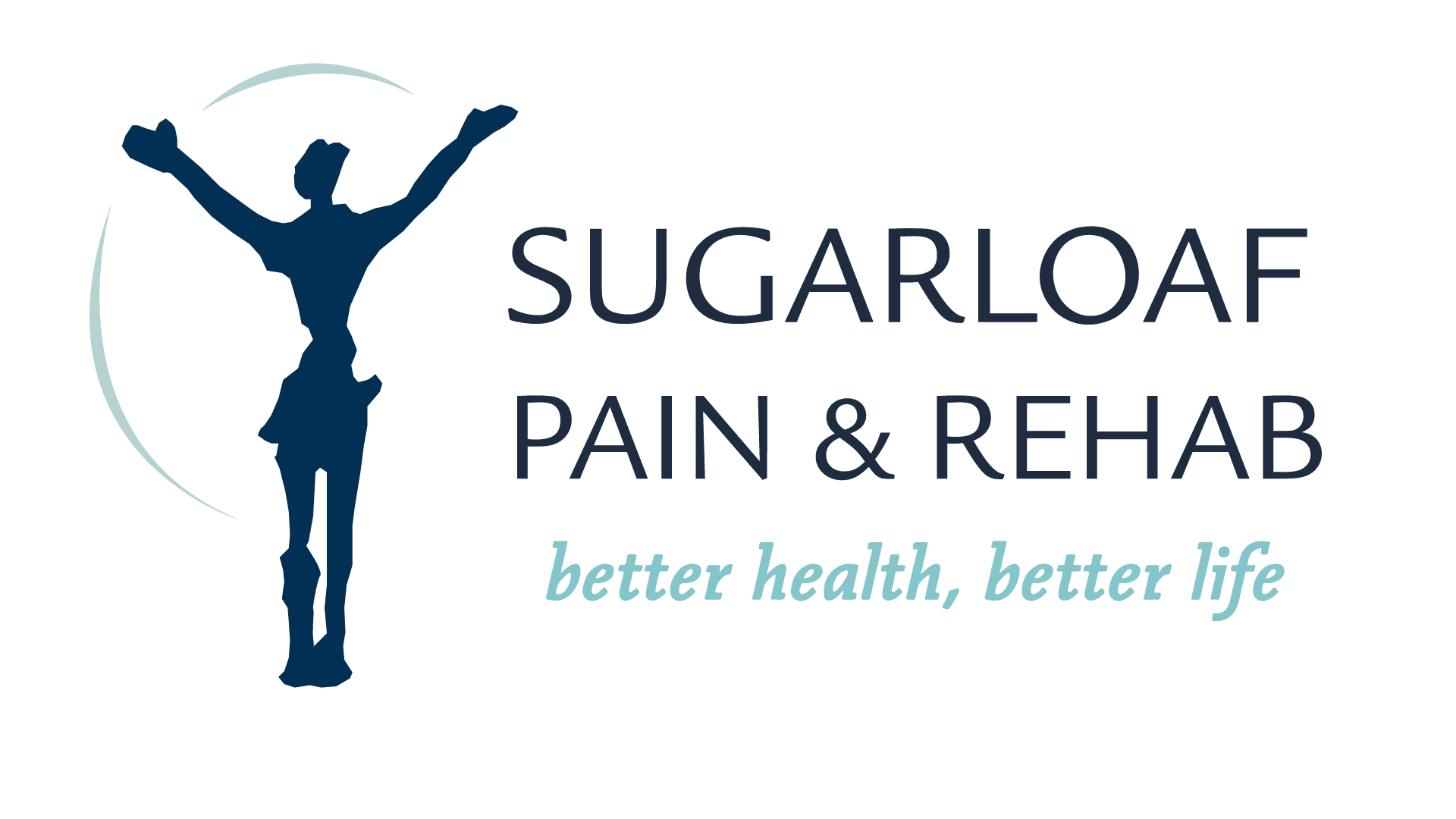
Chronic Pain
Your auto accident doctors at Sugarloaf Pain & Rehab has been treating people suffering from auto accident injuries in Suwanee GA and the surrounding area for over a decade. Few unexpected events are as traumatic or as inconvenient as car accidents. It is important to know what steps need to be taken to ensure the restoration of your health and your quality of life.
Visiting your trustworthy auto accident doctor in Suwanee GA is one of the first things you should do when you’ve been in an auto accident. Chiropractors are specifically trained and knowledgeable on the effect and treatment required of MVC injuries and symptoms.
The most common accident injuries are not external; meaning, they aren’t presented as blood and bruises. Pain, stiffness, and headaches are commonly experienced, and these discomforts are due to musculoskeletal injuries. Musculoskeletal injuries are serious and will have lifelong effects if not properly addressed. They do not resolve on their own, and medication provides only temporary relief. We work with a network or medical professionals, including orthopedic doctors, neurologists, and pain management specialists when your condition warrants further medical intervention.
Chronic pain is a complex and often debilitating condition characterized by persistent and long-lasting discomfort or pain that typically lasts for 3 to 6 months or more. It can result from a wide range of underlying causes, such as injury, disease, inflammation, nerve damage, or other medical conditions. Chronic pain can affect various parts of the body and may manifest in different ways, such as:
Neuropathic pain: This type of pain results from damage or dysfunction in the nervous system. Conditions like diabetic neuropathy, postherpetic neuralgia, and sciatica can lead to neuropathic pain.
Inflammatory pain: Inflammation in the body can cause pain and discomfort. Conditions like rheumatoid arthritis, Crohn’s disease, and other autoimmune disorders often involve inflammatory pain.
Musculoskeletal pain: Conditions like fibromyalgia, chronic back pain, and osteoarthritis can lead to chronic musculoskeletal pain.
Headaches: Migraines, tension headaches, and cluster headaches can become chronic and severely affect an individual’s quality of life.
Central sensitization: Some individuals may experience heightened sensitivity to pain due to changes in the central nervous system. This can occur with conditions like fibromyalgia.
Managing chronic pain often requires a multidisciplinary approach, which may include medication, physical therapy, psychological counseling, lifestyle modifications, and complementary therapies. Treatment aims to improve the individual’s quality of life and functional abilities, as complete elimination of pain may not always be possible.
Common treatments for chronic pain may include:
Medications: Pain relievers, anti-inflammatory drugs, muscle relaxants, and medications specifically designed for neuropathic pain are often prescribed.
Physical therapy: Exercises and stretches can help improve strength, flexibility, and reduce pain in some cases.
Psychological support: Chronic pain can have a significant impact on mental health, and therapy or counseling may be beneficial in managing the emotional aspects of pain.
Interventional procedures: In some cases, procedures like nerve blocks, epidural injections, or spinal cord stimulation may be used to target the source of the pain.
Complementary therapies: Acupuncture, chiropractic care, and relaxation techniques like meditation and yoga may provide relief for some individuals.
It’s important for individuals experiencing chronic pain to work closely with their healthcare providers to develop a personalized pain management plan tailored to their specific needs and the underlying cause of their pain. Chronic pain management can be challenging, and the goal is often to improve function and quality of life rather than complete pain elimination.
